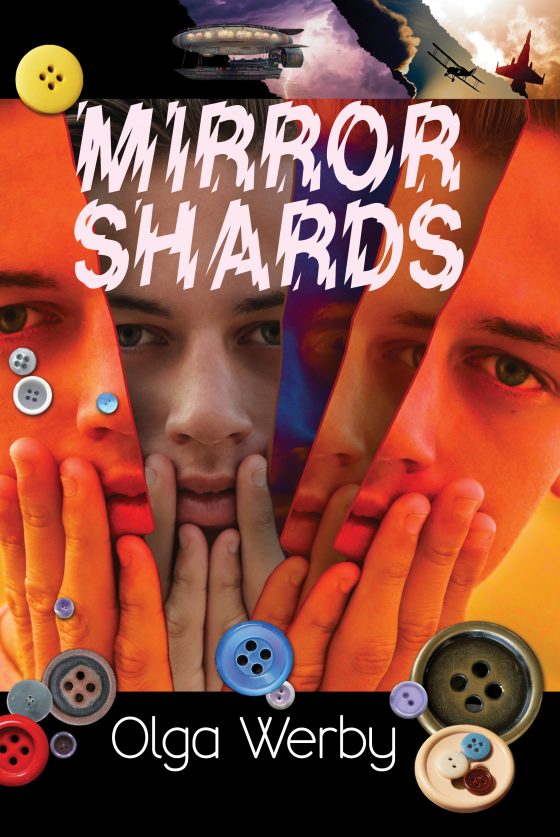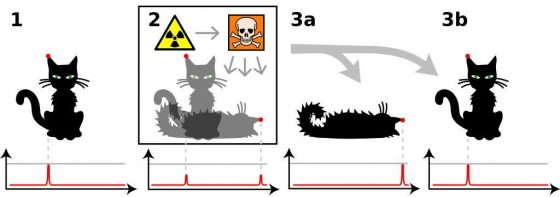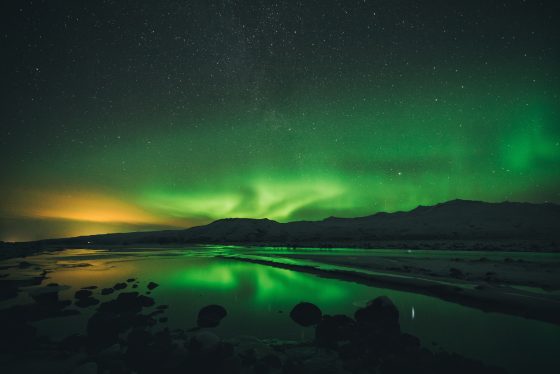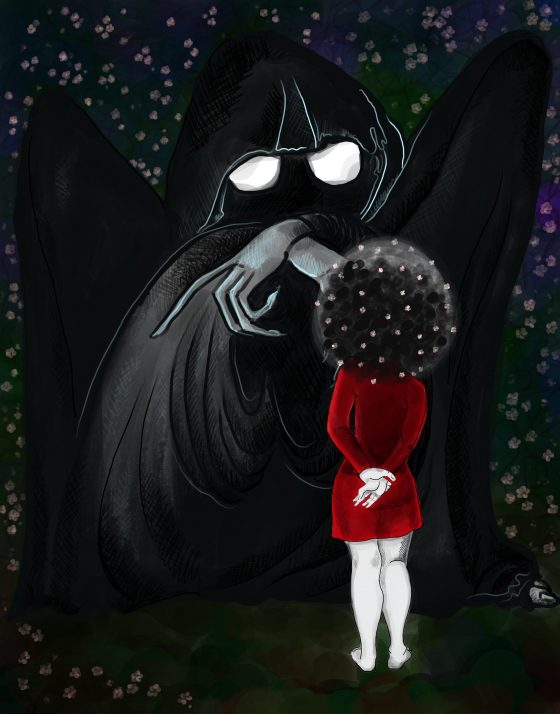
I found the pandemic not very conducing to marketing or facing the world in more public ways. I did write a lot and have several books in various stages of readiness. But there was one story I wanted to enter into a competition (the books I’ve entered last year, God of Small Affairs, placed as a semi-finalist). So after sitting on Mirror Shards for almost a year, I’m finally releasing this book into the world. Here’s a description and if you click on the title above, you will get to the first few chapters hoasted on my site. Trapped Between Infinite Possible Realities Hig is a disabled kid with a loving mom, a baby sister, a distant father, and a doting uncle, Charlie. On a trip to a county fair, the family encounters a mysterious “Mirror of Wishes” booth that leads to radical, unexplained life changes, including Hig’s uncle’s abrupt disappearance and his mother’s untimely death. One of the changes is Hig’s miraculous cure—his congenital spina bifida is gone and he no longer needs a wheelchair. As Hig grows up, he continuously frets about what really happened but is too scared to actually look for answers to the mystery. Years…






